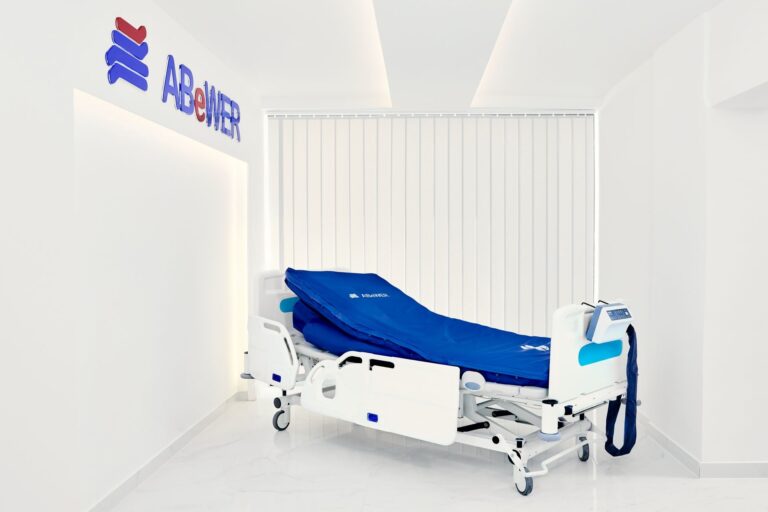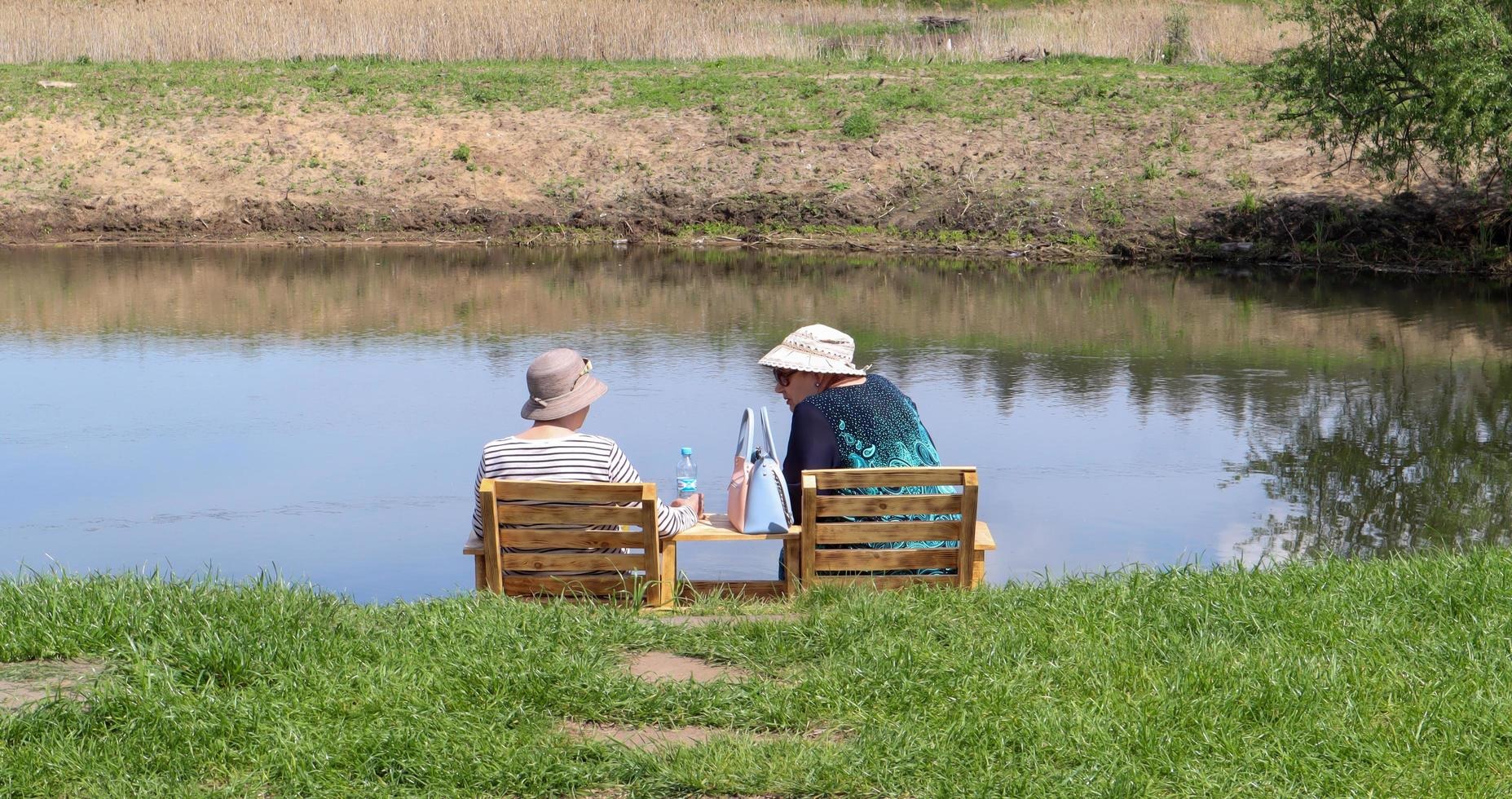Blue spaces refer to natural or manmade water environments such as oceans, rivers, lakes, canals, and fountains.
As people age, maintaining mental, emotional, and physical balance becomes essential, and water environments play a remarkable role in supporting those goals.
Many older adults report feeling calmer, more connected, and physically rejuvenated after spending time near water, which has led researchers to explore the underlying science of this connection.
Blue spaces are not only beautiful to observe but are also therapeutic environments that encourage both activity and relaxation.
Without further ado, let us begin.
Table of Contents
ToggleMental Health Benefits for Seniors

Mental and emotional well-being play a vital role in healthy aging.
Spending time near water has emerged as a natural and accessible way to improve mood, enhance cognitive performance, and promote relaxation.
Blue spaces, such as lakes, rivers, and oceans, create multisensory environments that nurture calmness, reflection, and positivity.
The gentle sound of water, the sparkle of sunlight on waves, and the rhythmic motion of tides all work together to soothe the mind and restore balance.
Stress Reduction & Mood Enhancement
Connection with water brings measurable relief to stress and anxiety.
Visual and auditory stimuli, like rippling reflections or the gentle hum of waves, create a meditative state that lowers blood pressure and heart rate.
Even photographs, videos, or indoor aquariums can trigger this response, offering serenity in everyday environments.
Studies conducted in coastal regions of Scotland and Ireland have shown that individuals with regular access to ocean views report lower rates of depression and improved emotional stability.
Seniors, in particular, gain lasting benefits because their nervous systems respond positively to calming sensory cues.
- Reduction in stress hormones such as cortisol.
- Enhanced feelings of peace and emotional clarity.
- Decrease in anxiety and depressive thoughts.
- Improvement in overall life satisfaction and emotional balance.
Gentle engagement with water, such as walking along a lakeside or sitting near a fountain, can make each day more tranquil and fulfilling.
Cognitive Health & Emotional Resilience
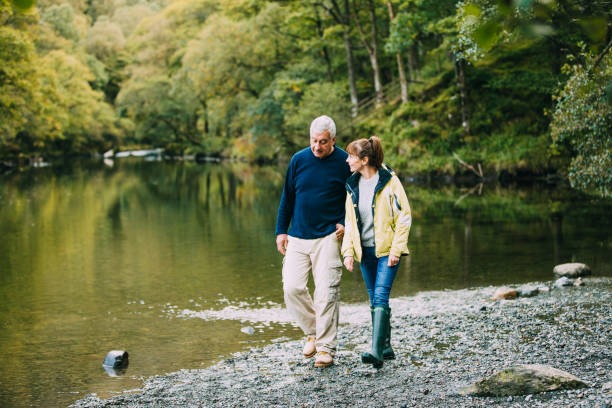
Exposure to water environments supports mindfulness, focus, and mental rejuvenation.
Contemplating water movements, listening to rainfall, or observing sunlight reflections fosters emotional regulation and self-awareness.
Cognitive restoration is one of the most profound outcomes.
Time spent in blue spaces helps the mind disengage from repetitive thoughts and worries, allowing mental clarity to surface.
Seniors who engage with water regularly often show improved memory, decision-making, and adaptability to life’s changes.
- Heightened concentration and reduced cognitive fatigue.
- Greater ability to manage emotional stress.
- Enhanced memory function and adaptability.
- Stronger sense of calm and gratitude in daily life.
Sleep Quality
Quality sleep often becomes harder to maintain with age.
Time near water has been linked to improved rest patterns and deeper relaxation before bedtime.
Coastal walkers and lake visitors frequently report more restorative sleep, according to studies by the National Trust.
Gentle water sounds create an auditory rhythm that mirrors natural body cycles, helping to regulate melatonin production and maintain consistent circadian rhythms.
The repetitive and soothing motion of waves or water currents helps the brain transition smoothly into rest mode.
- Longer, uninterrupted sleep cycles.
- Reduced insomnia symptoms.
- Enhanced relaxation before bedtime.
- Improved mental clarity upon waking.
Physical Health Improvements
Physical well-being is just as important as mental balance in the aging process.
Blue spaces encourage gentle activity, fresh air exposure, and sunlight, all of which strengthen the body and contribute to longevity.
Seniors who spend time near water environments experience multiple physical health advantages that extend far beyond simple relaxation.
Increased Physical Activity
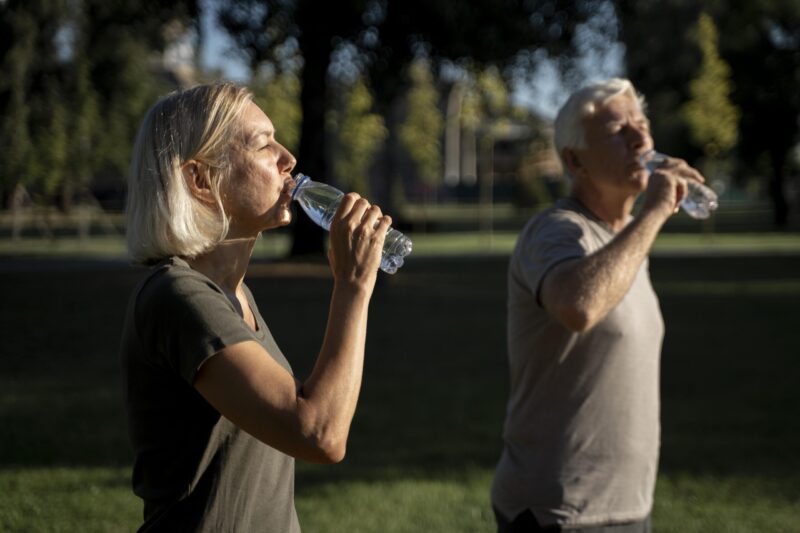
Water environments naturally inspire movement through their inviting atmosphere.
Activities near water tend to be enjoyable, low-impact, and easy to maintain.
Seniors are more likely to stay active when they live close to lakes, rivers, or oceans.
These forms of activity promote joint health, improve flexibility, and enhance cardiovascular function. Common examples include:
Walking along beaches, riversides, or lakeshores.
- Swimming or water aerobics.
- Gentle yoga or stretching sessions by the water.
- Participating in organized walking or senior wellness groups.
Immune Boost & Respiratory Health
Clean, fresh air around water environments contains beneficial elements that strengthen the immune system.
Sea air, in particular, is rich in negative ions and natural compounds known as phytoncides.
These substances improve lung efficiency and help the body resist infections.
Breathing in such air has been associated with lower inflammation levels and better respiratory performance.
Seniors with chronic respiratory conditions, such as asthma or COPD, often find relief in coastal or lakeside environments due to higher humidity and cleaner air.
- Improved oxygen intake and circulation.
- Strengthened immune response.
- Reduced respiratory irritation.
- Better energy levels during the day.
Vitamin D Exposure

Spending time outdoors near water often coincides with sunlight exposure, a major source of Vitamin D.
This essential nutrient plays an important role in maintaining bone density, reducing inflammation, and supporting the immune system.
Seniors are especially prone to Vitamin D deficiency, so even moderate exposure can produce noticeable benefits.
Simple outdoor habits, such as sitting by a pond or taking morning walks along the coast, can provide:
- Stronger bones and joints.
- Improved calcium absorption.
- Decreased inflammation and joint pain.
- Enhanced immune protection.
Why do Blue Spaces Help?
Healing properties of water have been recognized across centuries and cultures.
Ancient Greeks used bathing rituals for physical purification, while Victorians prescribed seaside retreats as treatments for anxiety and melancholy.
Modern research has confirmed these age-old practices, proving that water environments support health through measurable biological responses.
Scientific programs such as Blue Health, Blue Gym, and the European Centre for Environment and Human Health (ECEHH) have gathered substantial evidence that blue spaces can:
- Lower cortisol and other stress indicators.
- Decrease heart rate and promote cardiovascular stability.
- Improve mood and emotional recovery.
- Strengthen the connection between mind and body.
Natural water sounds activate the parasympathetic nervous system, shifting the body toward relaxation and balance.
Regular contact with aquatic surroundings aligns mental clarity with physical wellness, forming a sustainable path to healthy aging.
Practical Tips for Seniors and Caregivers
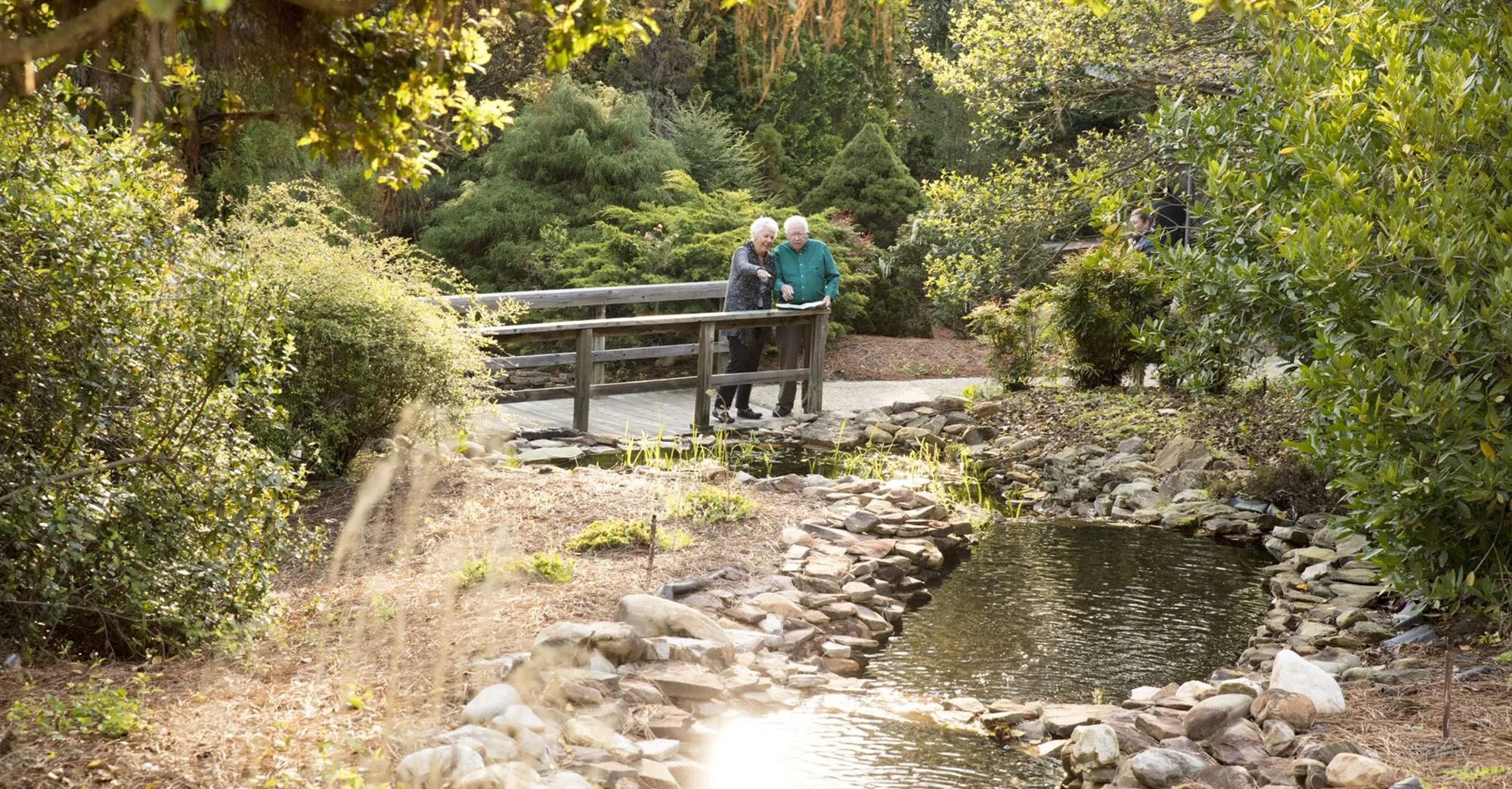
Making time for water-centered experiences can become part of a healthy routine.
Research suggests that at least two hours per week near a lake, pond, or river significantly improves both mood and vitality.
For seniors and caregivers, maintaining consistency is more beneficial than duration alone.
If travel or mobility is limited, alternative methods can bring the benefits closer to home. Simple, accessible ideas include:
- Visiting nearby ponds, canals, or community fountains.
- Viewing aquatic scenes through photography or digital displays.
- Installing small indoor fountains or tabletop features. Products such as those offered by Admiral Lake and Pond Equipment help recreate peaceful water sounds indoors.
- Joining virtual or aquarium-based programs that offer guided relaxation with aquatic imagery.
Participating in local wellness groups that organize water walks, nature activities, or meditation sessions near blue spaces.
Caregivers can also benefit by sharing these peaceful experiences, creating moments of calm and connection that enhance overall quality of life.
Summary
Regular time near water contributes to physical vitality, emotional balance, and cognitive stability in older adults.
Lakes, rivers, and oceans act as natural health allies, providing peace and stimulation in equal measure.
Encouraging seniors to spend time near blue spaces, through urban design, community programs, or personal habits, can foster healthier, more fulfilling lives.
Each ripple, breeze, and reflection becomes part of a restorative process that supports graceful and joyful aging.
Related Posts:
- Best Gadgets for Seniors: Emergency, Health and…
- The Benefits of Grants for Disabled Veterans Dealing…
- How to Identify If North American Senior Benefits Is…
- Assisted Living Caregiver Shifts - Med Pass, Rounds,…
- How Paramedic Response Time Directly Affects Patient…
- What It Means to Have a Full-Time On-Site Licensed Nurse

